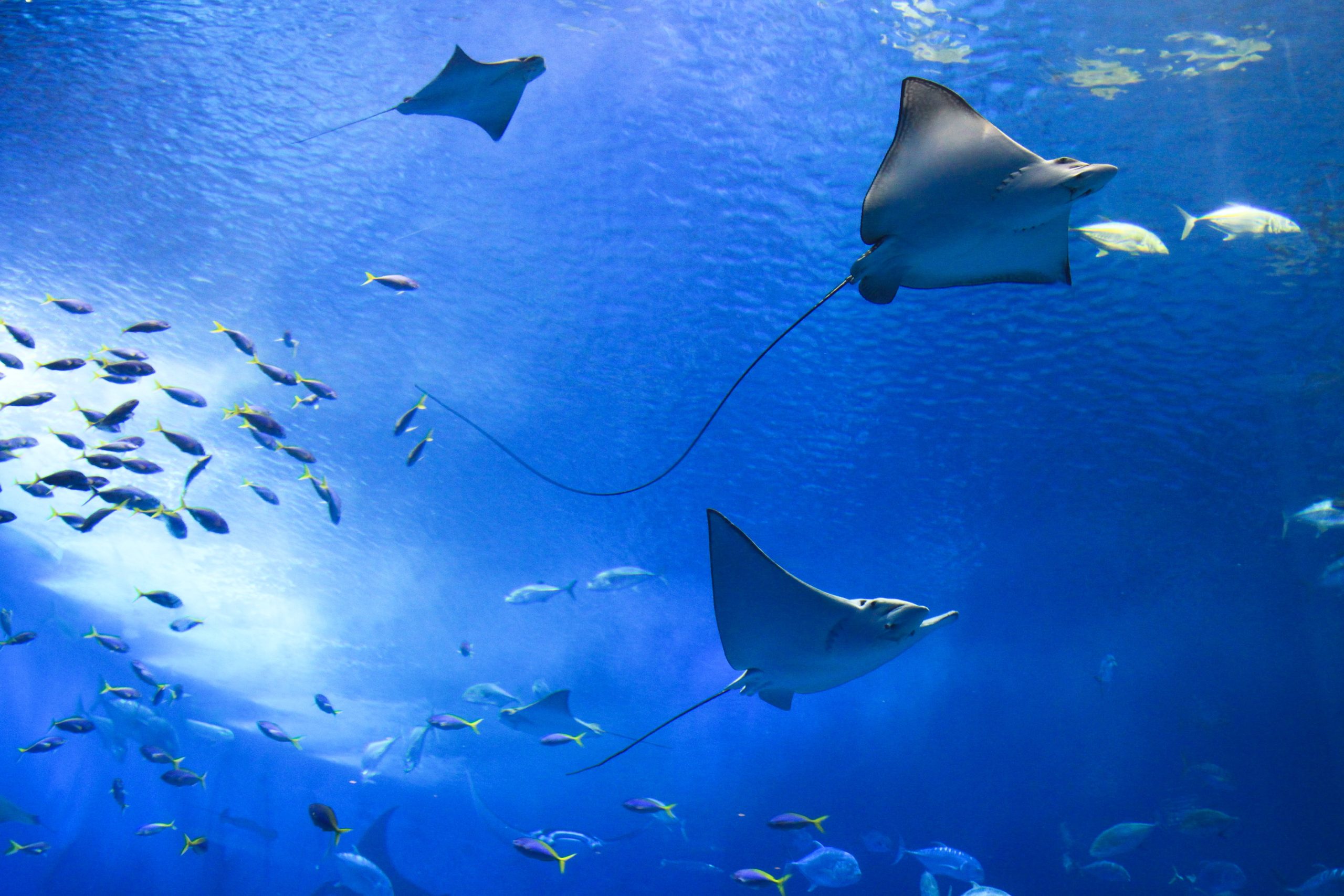The agreement on the high seas adopted by UN member states is crucial for several reasons. Firstly, it strengthens the protection of marine ecosystems against pollution and overfishing, by enabling collective management of the ocean. The treaty includes 75 articles aimed at preserving marine biodiversity and ensuring responsible use of marine resources. In addition, it combats marine pollution and plastic waste, which threaten coastal ecosystems, by incorporating the polluter-pays principle and providing for dispute settlement mechanisms. The sustainable management of fish stocks is also addressed, with a focus on capacity building and technology transfer for responsible fishing. The treaty also takes into account the consequences of global warming on the oceans, proposing an integrated approach to combating the adverse effects of climate change. Lastly, this agreement is essential to achieving the Agenda 2030 sustainable development goals, in particular by helping to prevent marine pollution and put an end to overfishing. It will enable the creation of marine protected areas and the sustainable management of deep-sea habitats and species. All that remains is to put it into practice.

